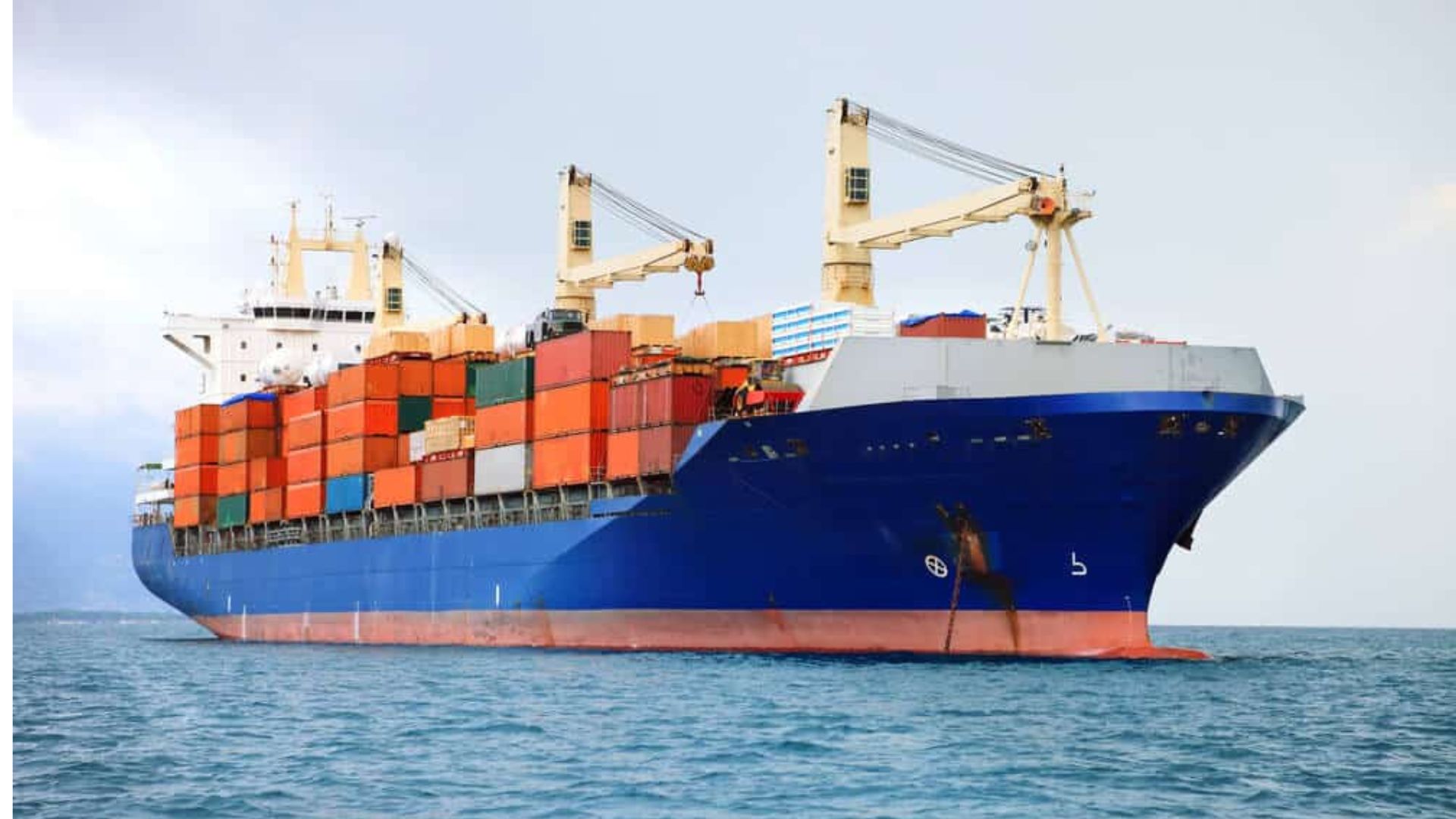
The UK has a long history in the maritime trade, with its ports serving as bustling hugs for commerce across the globe. At the heart of this is the humble shipbroker, one of the most crucial players who helps to facilitate the seamless movement of goods across the world. Whether you’re looking at shipbroker jobs or you want to find out more about what shipbrokers do, our article has you covered. Here, we’re exploring the role of shipbrokers, their responsibilities, and their importance in the industry.
What’s The Main Role Of Shipbrokers?
A shipbroker is known as the intermediary between shipowners and charterers. They also negotiate with buyers and sellers of ships and many other parties involved in maritime trade. Their primary role is to negotiate and arrange the terms of shipping contracts, making sure that both the vessel owner and the cargo owner are happy with any agreements. Shipbrokers work in a wide range of sectors, including dry bulk, tankers, containers, and offshore shipping.
There are two main types of shipbrokers – chartering brokers and sale and purchase (S&P) brokers.
Chartering Brokers – This type of shipbroker focuses on arranging the transport of goods and negotiating the terms of charter party agreements between shipowners and charterers.
S&P Brokers – This type of shipbroker facilitates the buying and selling of ships, handling transactions that can range from small fishing vessels to large tankers and container ships.
Responsibilities of Shipbrokers
Shipbrokers have a wide range of responsibilities that can be very demanding and in-depth. They must have a deep understanding of the shipping industry, current market trends, and any up-to-date regulations across the globe. Some of the main key responsibilities include:
In-depth market analysis and intelligence – shipbrokers are required to stay up to date on all of the latest market conditions. This includes everything from freight rates, ship availability and geopolitical factors affecting trade routes. Their jobs are to provide clients with up-to-date information on all of these factors as well as advice, enabling informed decision-making.
Negotiation – Shipbrokers will spend a lot of time negotiating terms and conditions of shipping contracts to appease both parties and ensure everyone is getting a good deal. This will include things like freight rates, laytime, demurrage, and other details. Effective negotiation requires not only market knowledge but also very strong communication skills.
Contract management – Once all parties are happy during the negotiation, shipbrokers will draft and manage all contractual documents. This includes the charter party. This document outlines all of the terms that were agreed upon during the negotiation between the shipowner and the charterer. This will ensure all legal and commercial aspects are covered.
Problem-solving – The maritime industry comes with potential disruptions, including weather conditions and geopolitical conflicts. Shipbrokers must be good problem-solvers and able to address issues as they arise. This will help to minimise delays and prevent additional costs.
Conclusion
Shipbrokers are imperative to the maritime industry in the UK. With their skillful expertise, negotiation skills, and market knowledge, shipbrokers are able to help with the efficiency of the market, properly manage risks, and facilitate the seamless movement of goods across the oceans. As the shipping industry continues to evolve, this role is going to continue to be vital.















